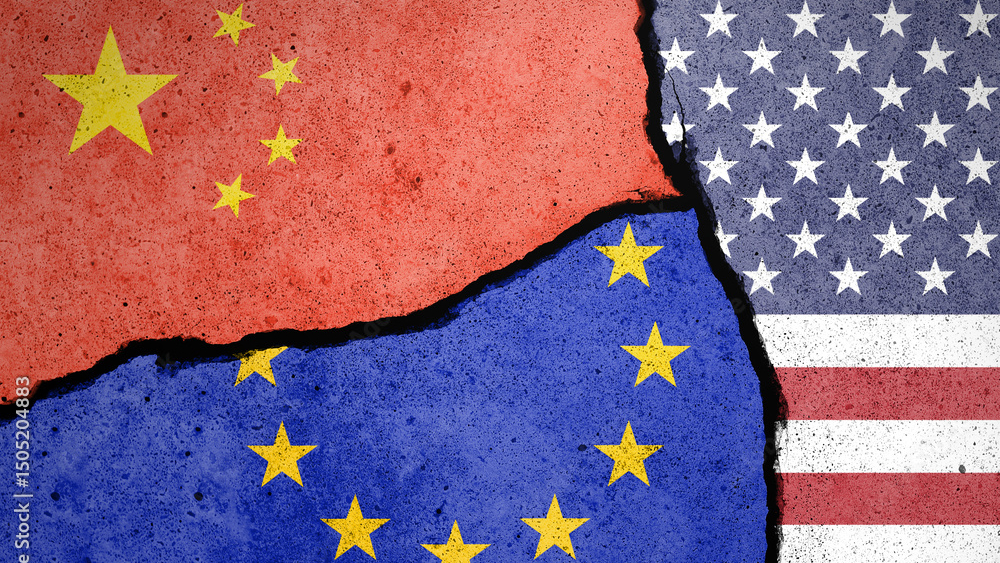
Trump delays 250% tariffs on non-U.S. pharmaceuticals
U.S. President Donald Trump’s announcement regarding new tariffs on pharmaceutical goods imported into the United States has been delayed. Despite the President’s threat early last week that a tariff disclosure would come “within the next week or so,” the much-anticipated announcement is now expected to be “weeks away,” according to a report from Reuters citing industry and government sources.
One possible reason for the delay could be the ongoing Section 232 investigation into pharmaceuticals and related products, which the administration launched at the beginning of April. This investigation, authorized under the Trade Expansion Act of 1962, allows the President to impose trade restrictions—such as tariffs—if national security risks are identified within U.S. trade.
In addition, the President announced a separate directive aimed at strengthening the country’s pharmaceutical supply chain. He tasked the Department of Health and Human Services’ (HHS) Administration for Strategic Preparedness and Response (ASPR) with identifying and stockpiling active pharmaceutical ingredients (APIs) for approximately 26 essential medicines within one month.
According to a survey of 124 biopharma CEOs published last year by the U.S. biotech trade association BIO, 79% have at least one contract or product with a China-based or Chinese-owned CDMO/CMO. China remains one of the largest suppliers of complex peptides, immunotherapies, and antibody drugs to U.S. and European pharmaceutical companies. It is estimated that 13% of the world’s manufacturing facilities supplying APIs to the U.S. are located in China, which is also a major global supplier of APIs for generic drugs. Additionally, China accounts for approximately 42% of the global export value of antibiotics.
The situation is even more critical for medicines clinically tested in China. According to IQVIA, China’s share of global clinical trials grew by 57% between 2019 and 2024, compared to a 17% increase in North America, while Western Europe’s share declined by 21%. While China’s share remains smaller than that of Western Europe or the U.S., it continues to rise. Should international relations further deteriorate, patients across all regions may be affected as clinical trials face delays in recruitment and potential restrictions on access to investigational medicines.
As the U.S. considers implementing stringent drug pricing controls, China is rapidly positioning itself as a global leader in pharmaceutical innovation. Between 2013 and 2023, China’s share of the global drug development pipeline surged from 3% to 28%, making it the second-largest region for clinical trials after the United States. The proportion of drugs launched first in China also increased from 9% in 2017 to 29% in 2023.




